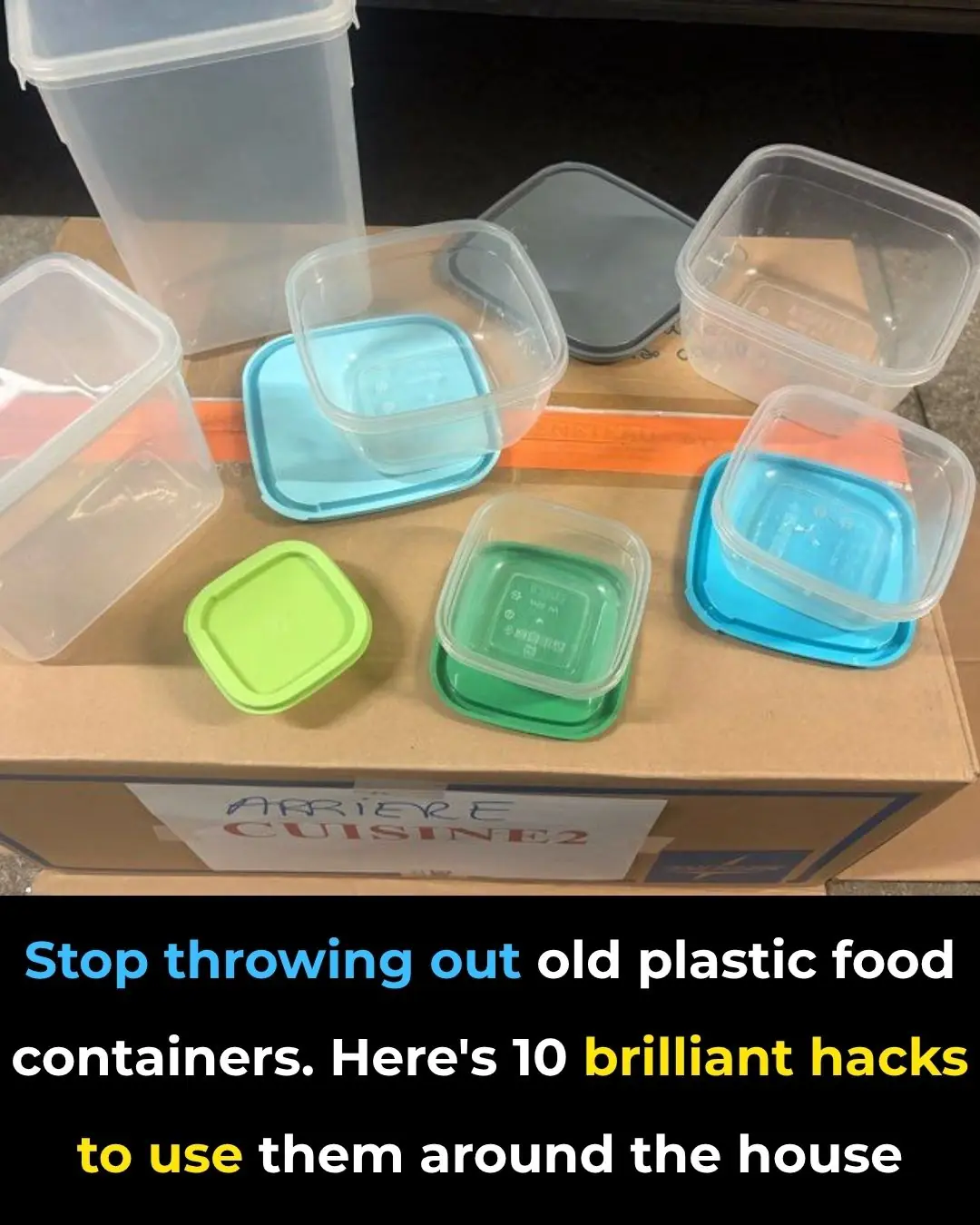
Most do this wrong. Here’s how often to maintain your kitchen
The kitchen is often considered the heart of the home—a place where meals are crafted, memories are made, and families gather. However, keeping a kitchen clean, organized, and efficient can feel overwhelming if you don’t know where to start. Many homeowners unintentionally neglect crucial maintenance tasks or perform them irregularly, which can lead to a buildup of grime, faster wear and tear on appliances, and unnecessary clutter that makes the space feel chaotic rather than inviting.
Maintaining a well-kept kitchen isn’t just about appearances—it also improves hygiene, prevents costly repairs, and extends the lifespan of appliances and fixtures. By establishing a consistent maintenance routine, you can ensure that your kitchen remains functional, safe, and a joy to cook in. Below, we’ve outlined essential kitchen upkeep tasks that people often do incorrectly or forget, along with recommended schedules and practical tips for each task.
1. Descale Your Coffee Maker Monthly
Coffee makers are one of the most overlooked appliances when it comes to maintenance. Over time, mineral deposits from water and bacteria can accumulate inside, affecting the taste of your coffee and the performance of the machine.
To descale your coffee maker, fill the water reservoir with equal parts water and white vinegar. Run a full brewing cycle without coffee grounds, then follow with two cycles of fresh water to rinse thoroughly. This simple monthly routine ensures your coffee tastes fresh, extends the machine’s lifespan, and prevents any lingering odors. For machines with removable parts, such as filters or carafes, be sure to clean those separately to remove hidden buildup.
2. Deep Clean Your Oven Every Three Months
Ovens are hardworking kitchen appliances that quickly accumulate grease, food splatters, and stubborn residues. Cleaning them only when the mess is visible can make the job harder and risk damaging the appliance.
For a thorough clean, remove oven racks and soak them in warm, soapy water. Create a paste using baking soda and water, then spread it over the interior surfaces of the oven. Let it sit overnight if possible, and wipe it down with a damp cloth the next day. Stubborn spots can be tackled with a bit of vinegar. Regular deep cleaning prevents unpleasant odors, improves cooking efficiency, and keeps your kitchen smelling fresh.
3. Clean Refrigerator Coils Every Six Months
Refrigerator coils play a vital role in keeping your appliance energy-efficient. Dust and dirt buildup can force the fridge to work harder, increasing energy consumption and potentially shortening its lifespan.
To clean the coils, unplug the fridge and locate them—usually at the back or bottom. Use a coil brush or vacuum to remove dust and debris. Doing this every six months not only saves energy but also reduces wear on the compressor, helping your fridge stay in top condition for years. Consider checking the coils more frequently if you have pets or a particularly dusty environment.
4. Purge Your Pantry Every Season
A disorganized pantry can lead to expired food, forgotten ingredients, and unnecessary clutter. Seasonal purges—about every three months—help you stay organized and make meal planning easier.
Take everything out, check expiration dates, and discard or donate items you no longer need. Wipe shelves clean and reorganize items by category, such as grains, canned goods, or snacks. Keeping a running list of staples also helps streamline grocery shopping and reduces impulse purchases.
5. Wipe Down Kitchen Surfaces Daily
Maintaining hygiene in the kitchen is critical, and daily surface cleaning is a simple yet effective step. Counters, stovetops, and sinks should be wiped daily with a mild detergent or all-purpose cleaner.
Focus on areas that come into contact with raw foods to prevent bacterial cross-contamination. Incorporating this quick daily habit ensures that messes never have a chance to build up, keeping your kitchen safe and inviting at all times.
6. Clean Out the Fridge Weekly
A weekly fridge clean-out prevents odors, reduces waste, and ensures food safety. Remove spoiled or expired items, and wipe down shelves and drawers with a gentle cleaning solution.
This practice also helps you keep track of ingredients, making meal planning and grocery shopping more efficient. For added convenience, consider labeling containers with dates when leftovers are stored, so you know exactly when to use them.
7. Change Dish Sponges Frequently
Dish sponges are notorious breeding grounds for bacteria. To maintain hygiene, replace them every two weeks or sooner if they develop an odor.
Alternatively, silicone sponges or scrubbers are easier to clean and less likely to harbor bacteria. You can also sanitize sponges by running them through a dishwasher or soaking them in vinegar. This small step significantly reduces the spread of germs in your kitchen.
8. Sanitize the Sink Weekly
The kitchen sink sees constant use and can easily harbor bacteria. A weekly sanitization routine is key to preventing germs from spreading.
After scrubbing with soap and water, use a mixture of vinegar and baking soda to tackle stubborn stains and odors. Rinse thoroughly with hot water. Regular sink maintenance keeps your kitchen safe, fresh, and pleasant to work in.
9. Sharpen Knives Regularly
Sharp knives are safer and more efficient. Dull knives require more force, increasing the risk of slips and accidents.
Sharpen your knives every few months, or whenever they feel blunt. Use a sharpening stone or an appropriate knife sharpener, following the manufacturer’s instructions. Well-maintained knives make cooking faster, safer, and more enjoyable.
10. Check Expiration Dates Monthly
A monthly check of your pantry and fridge helps prevent foodborne illnesses and unnecessary waste.
Go through items and discard anything expired. Keep a note of products nearing expiration so they can be used first. Maintaining this habit ensures your kitchen is stocked with fresh, safe ingredients and helps reduce both waste and grocery costs.
11. Clean and Organize Cabinets Twice a Year
Cabinets can quickly become cluttered, making it hard to find what you need. Twice-yearly cleaning keeps them tidy and functional.
Empty all items, wipe down interiors, and reorganize contents. Use shelf liners and organizers to maximize space and accessibility. Regular cabinet maintenance makes cooking more efficient and ensures your kitchen remains a welcoming space.
Additional Tips for an Efficient Kitchen
Beyond cleaning and organizing, small habits can make a big difference:
-
Label containers: Helps you find ingredients quickly and avoid duplicates.
-
Keep frequently used items accessible: Saves time and reduces clutter on counters.
-
Use natural cleaning products when possible: Safer for your family and the environment.
-
Schedule maintenance reminders: Set calendar alerts for deep cleaning or appliance checks to stay consistent.
By implementing these tasks on a regular schedule, your kitchen will remain clean, efficient, and a pleasure to use. Small, consistent efforts prevent major problems and keep your heart-of-the-home running smoothly for years to come.
News in the same category


6 things that mice are very afraid of

Why You Shouldn’t Rush to Fold the Bed When Checking Out of a Hotel

You are doing it all wrong. Here's the right way to boost your immunity naturally

My ear feels clogged all the time, but nothing comes out. No wax of fluid. Doctor appt is far away. What could this be?

Wow, I never knew this!

How to Travel Long Distances Without Getting Motion Sickness

The Best Ways to Remove Pesticides and Harmful Chemicals from Fruits and Vegetables

12 best ways to slow down ageing
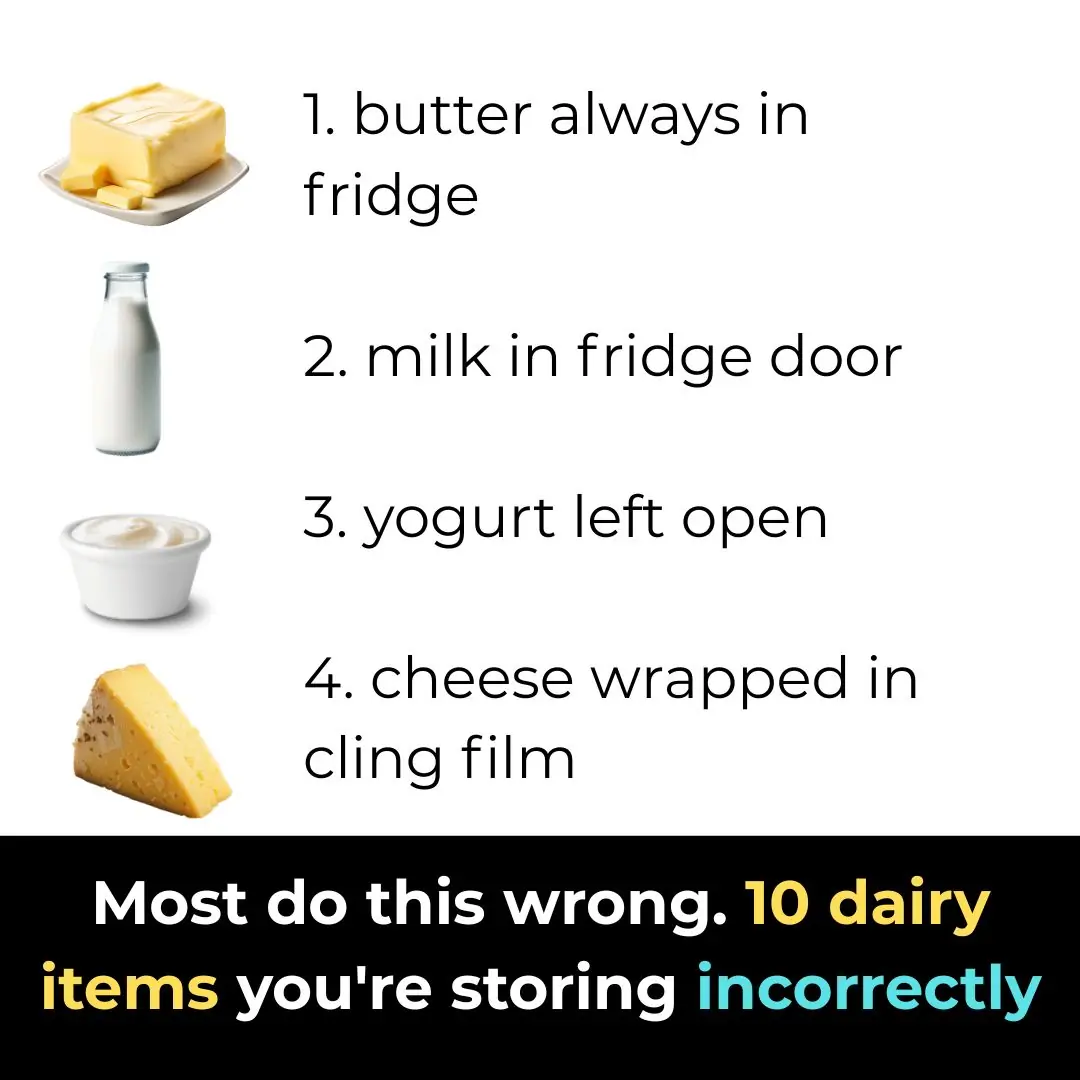
Most do this wrong. 10 dairy items you’re storing incorrectly
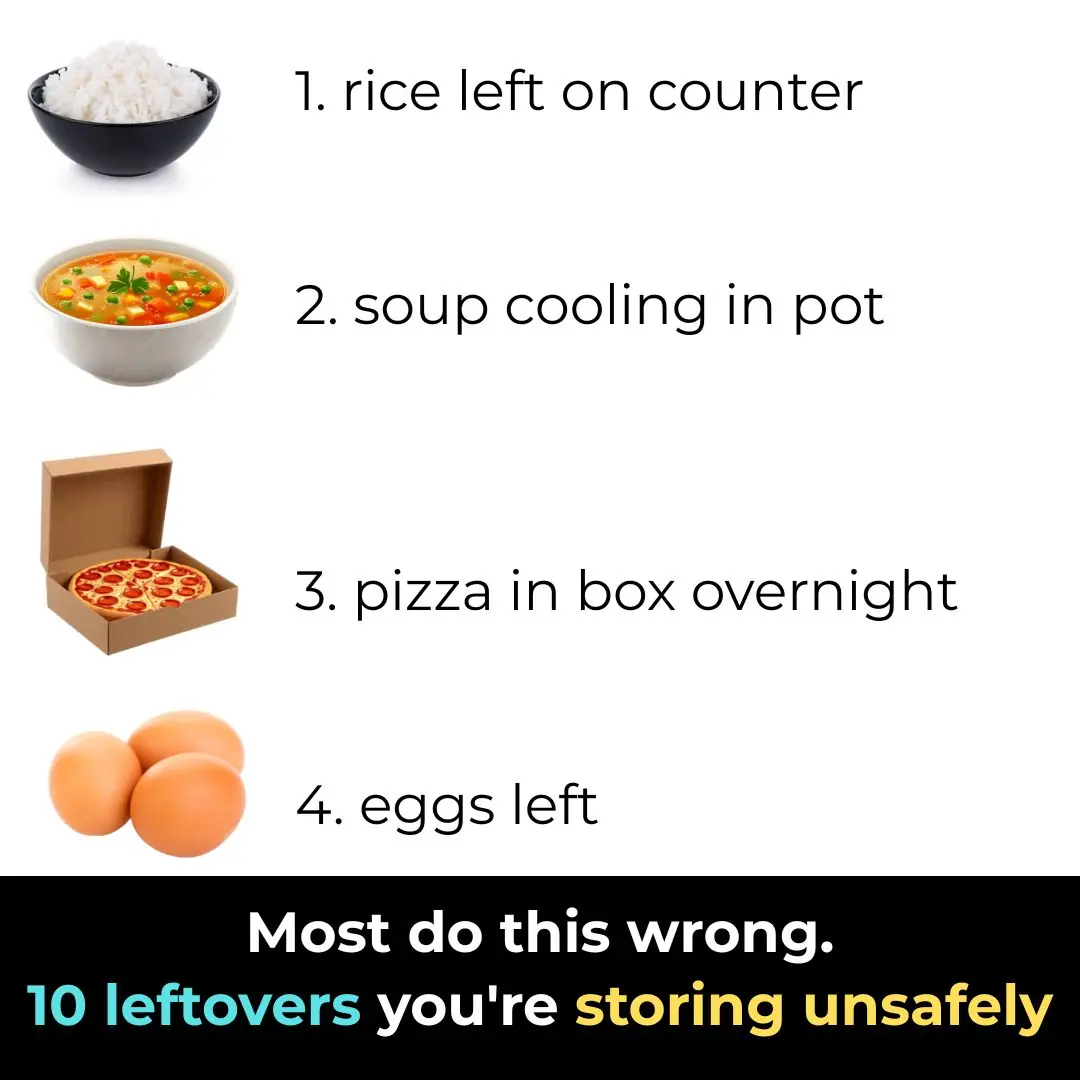
Most do this wrong. 10 leftovers you’re storing unsafely
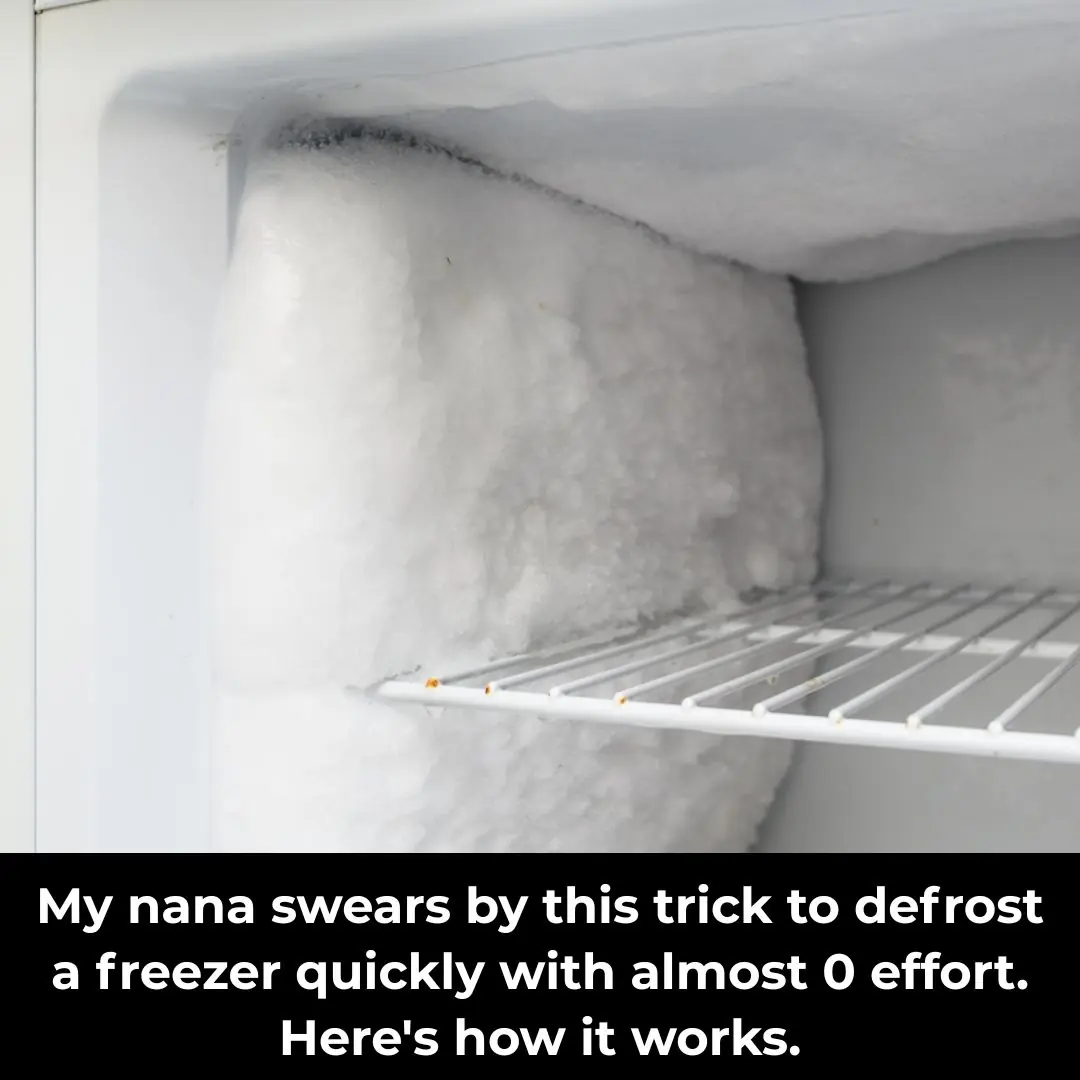
Good to know!

8 reasons why adding vinegar to your toilet tank is a must-do trick

Stop tossing out the old pill bottle. Here are 12 ways to reuse it
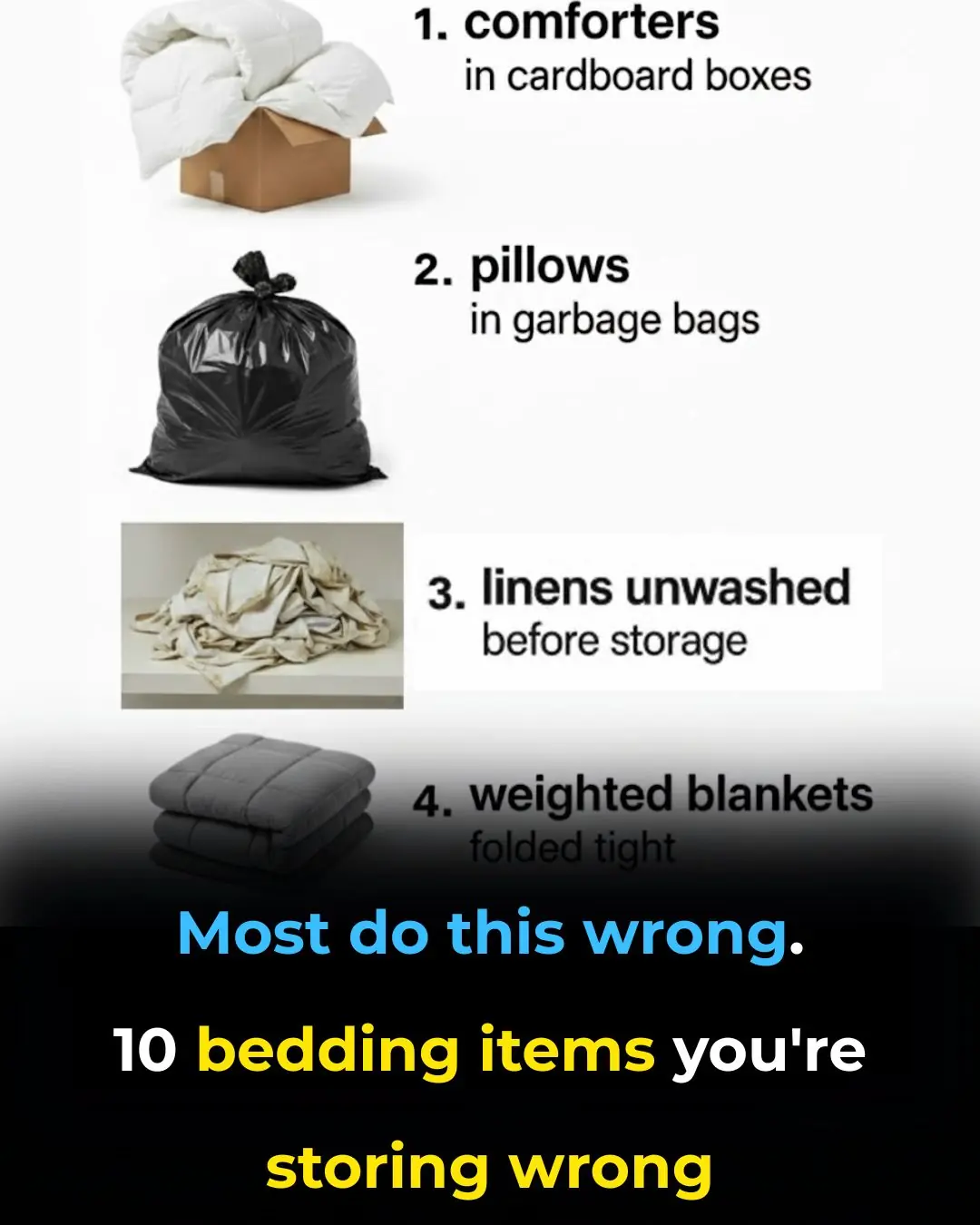
Most do this wrong. 10 bedding items you’re storing wrong

Put a bowl of vinegar in the refrigerator, immediately solve the problem that every family encounters.

4 Simple Steps to Clean the Washing Machine Without Removing the Drum, You Can Do It Yourself Without Calling a Technician

Tips for pickling golden melons that are crispy, sour quickly, and don't smell bad
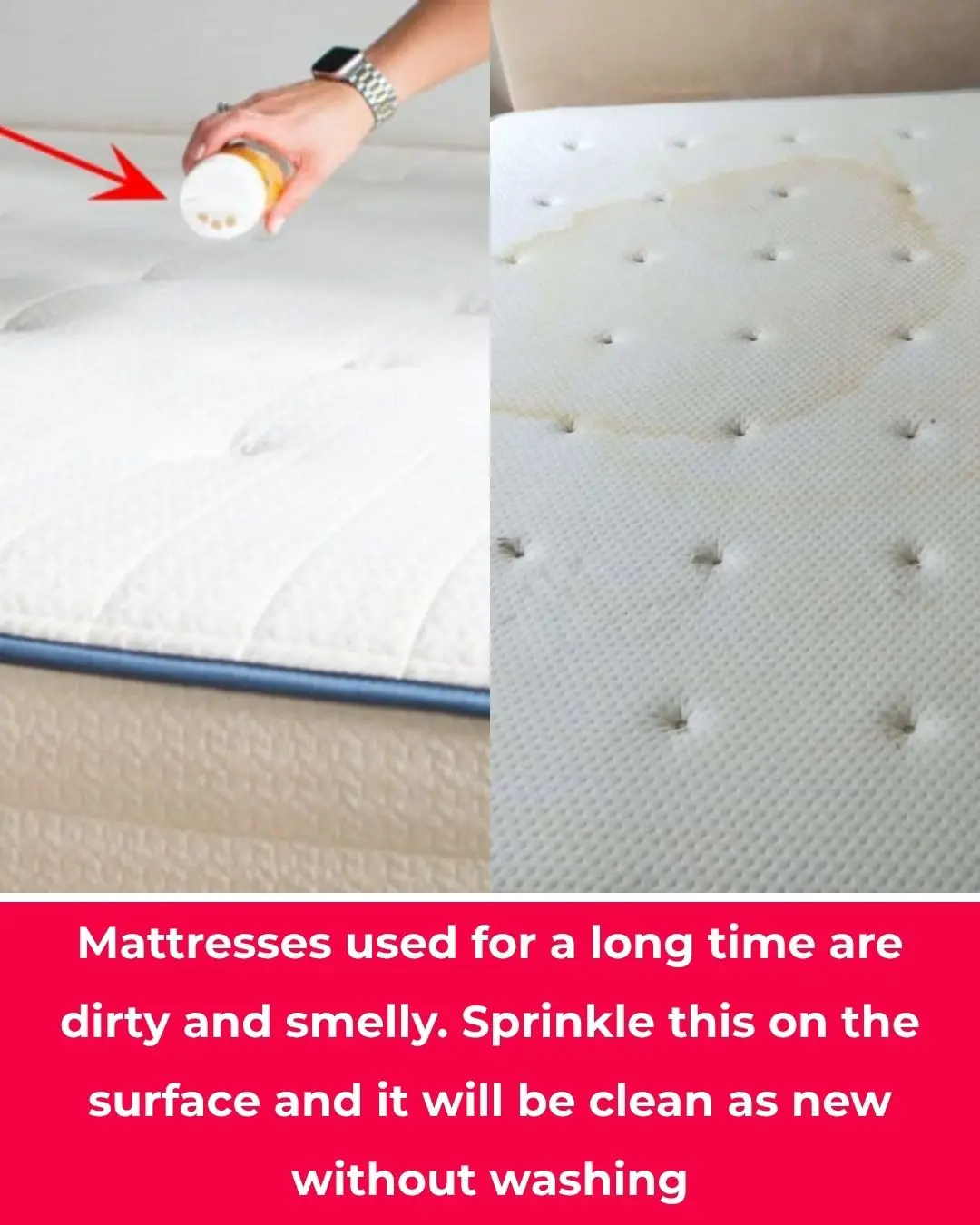
Mattresses used for a long time are dirty and smelly. Sprinkle this on the surface and it will be clean as new without washing
News Post

‘Is This True …’: Trump Had No Clue a Dangerous Situation Was Unfolding — and By the Time It Reached Him, His Team Was Already Scrambling

BBC EastEnders fans 'floored' after realising Junior Knight actor's real age

The White House Communications Office is saying our story is not true. We stand by our story. Our story is accurate.

D4vd's Friends Thought He Was Celeste Rivas' Boyfriend, Thought She Was 19

Netflix's Being Eddie release date and what to expect from the Eddie Murphy special

Man Builds “Museum Of Love” To Honor Late Wife’s Memory

MAFS UK's Julia-Ruth issues statement after 'three husbands' bombshell

Strictly star Harry Aikines-Aryeetey addresses ‘heartbreaking’ elimination: ‘It’s nice to go out on a party’

Seven Types of Pain You should Never Ignore

Proven Health Benefits and Uses of Thyme and Thyme Tea

Stop throwing out old plastic food containers

6 things that mice are very afraid of

9 cancer warning signs your body is sending you (don’t ignore these!)

Your legs have a “second heart” — and one simple move can reactivate it fast

Doctor warns: your ‘healthy’ lemon water habit is actually destroying your liver – here’s what you’re doing wrong

Why You Shouldn’t Rush to Fold the Bed When Checking Out of a Hotel

You are doing it all wrong. Here's the right way to boost your immunity naturally

My ear feels clogged all the time, but nothing comes out. No wax of fluid. Doctor appt is far away. What could this be?

Wow, I never knew this!
